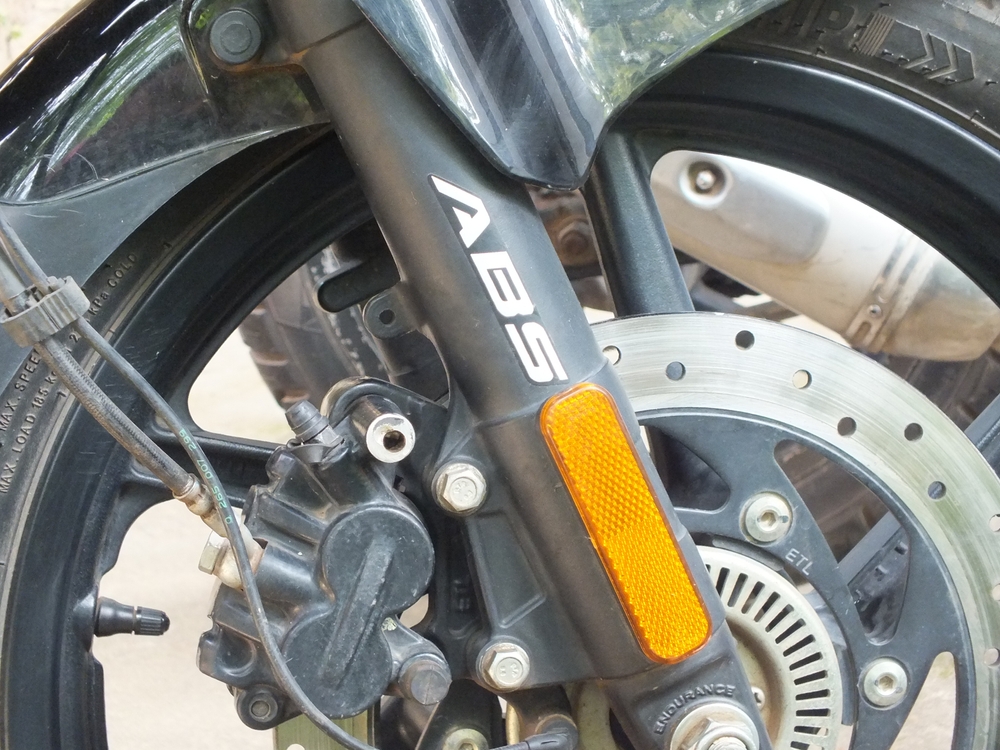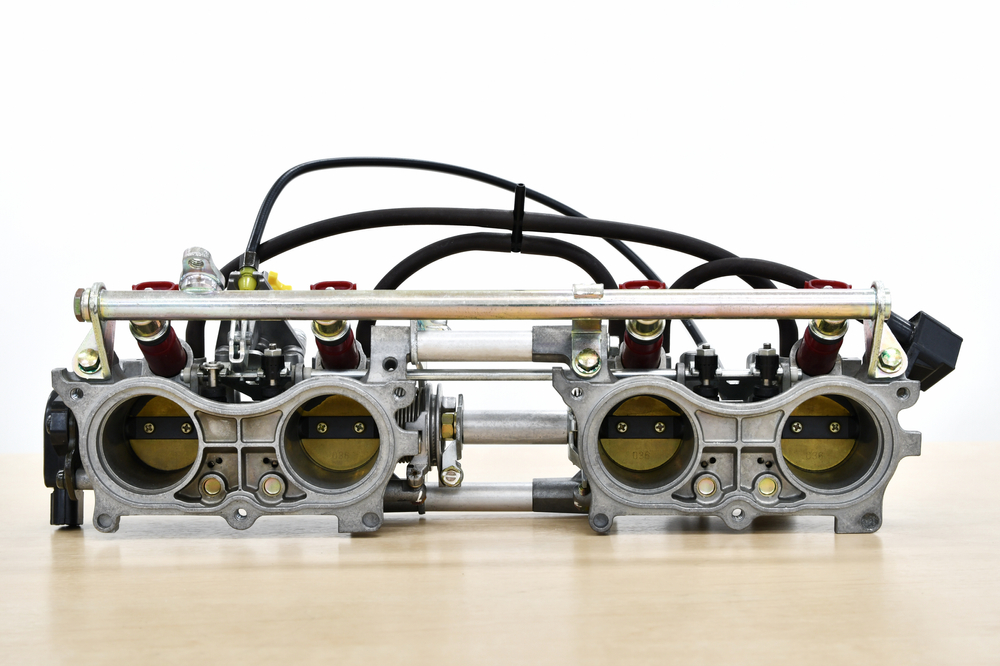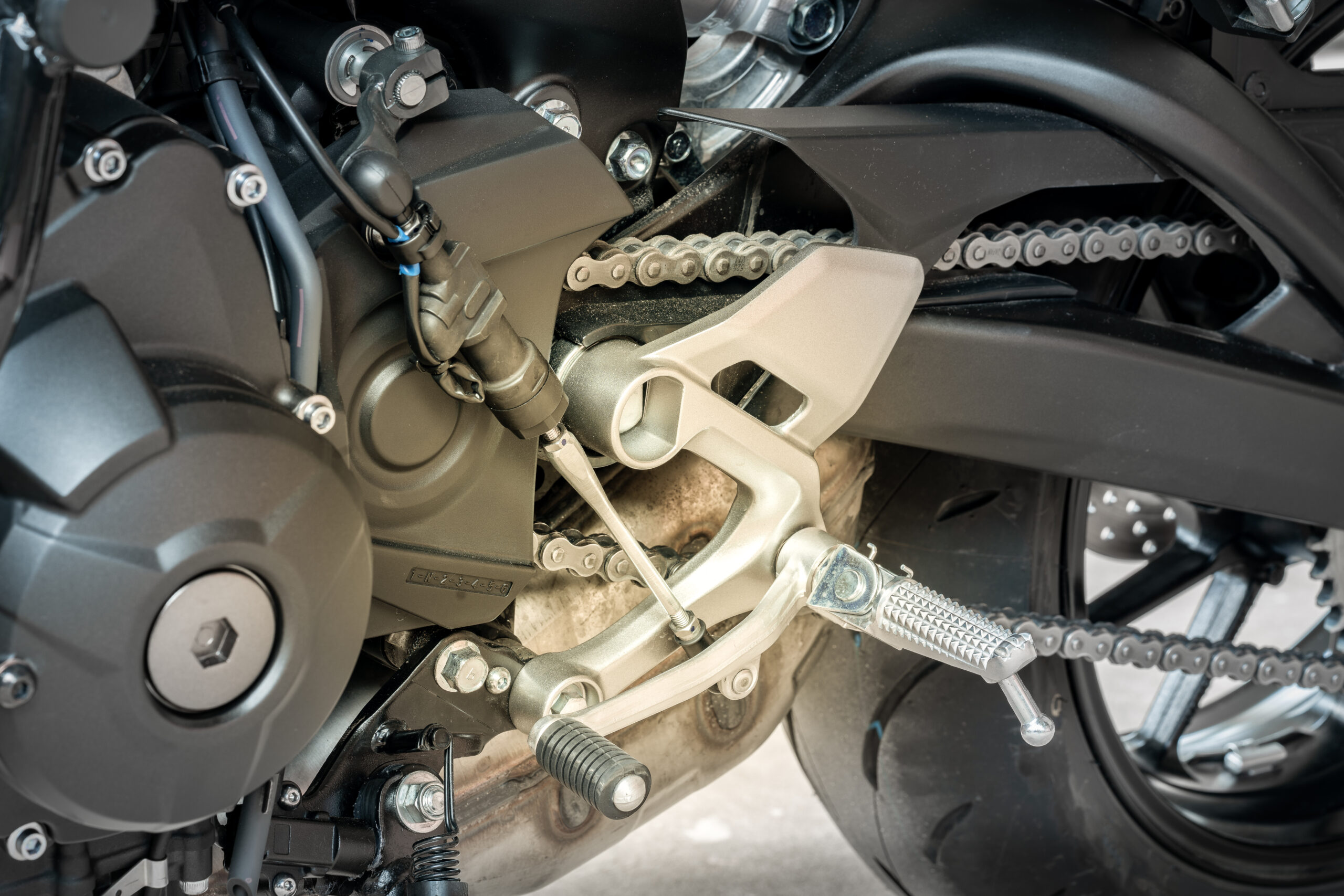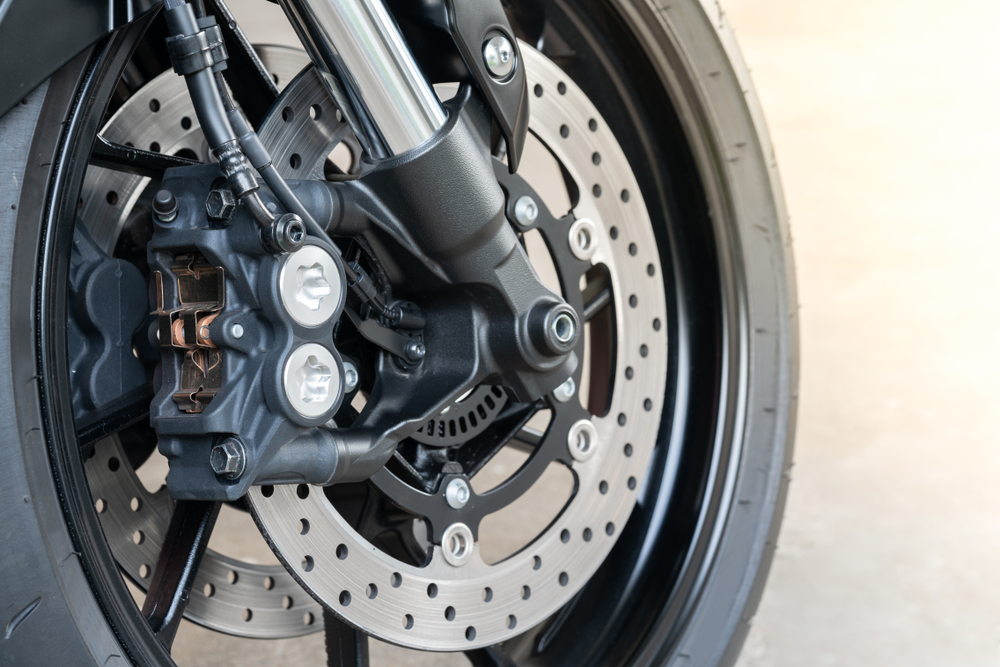Over the years, groundbreaking technological advancements have revolutionized the way motorcycles are designed, built, and ridden. This article takes a deep dive into the game-changing developments that have reshaped the motorcycle industry. From the introduction of sophisticated electronic systems to advanced mechanical components, each innovation on this list has played a pivotal role in elevating motorcycle performance to new heights.
Contents
Liquid Cooling Systems

The introduction of liquid cooling systems in motorcycles marked a significant advancement in engine performance and longevity. Unlike air-cooled engines, liquid-cooled engines maintain a more consistent operating temperature, improving efficiency and power output, especially in high-performance bikes. For example, the Kawasaki Ninja ZX-11, introduced in 1990, was one of the first mass-produced motorcycles to utilize a liquid-cooled engine, leading to better performance and reliability.
Anti-lock Braking Systems (ABS)

ABS on motorcycles has been a game-changer in terms of safety and performance. By preventing the wheels from locking up during braking, ABS allows riders to maintain control during emergency stops, significantly reducing the risk of accidents. The BMW K100, launched in 1988, was the first production motorcycle equipped with ABS, showcasing its commitment to rider safety.
Electronic Fuel Injection (EFI)

Replacing carburetors, EFI has revolutionized motorcycle engine performance by providing more precise fuel delivery. This results in increased efficiency, better throttle response, and lower emissions. The introduction of EFI, as seen in models like the 1980 Kawasaki Z1000H, allowed for greater control over the engine’s air-fuel mixture, leading to improved overall performance.
Traction Control Systems

Traction control has greatly enhanced motorcycle performance, particularly in challenging riding conditions. By preventing excessive wheel spin during acceleration, it ensures better grip and stability. High-performance motorcycles, such as the Ducati Panigale series, incorporate advanced traction control systems, enabling riders to exploit the bike’s power more safely and effectively.
Slipper Clutches

The slipper clutch, or back-torque limiter, is an innovation that has transformed motorcycle performance, especially in sport and racing bikes. It mitigates the effects of engine braking during aggressive downshifting, preventing rear wheel lockup and ensuring smoother and safer transitions. Yamaha’s YZF-R1, introduced in 1999, was among the first production motorcycles to feature a slipper clutch.
Variable Valve Timing (VVT)

VVT technology, as applied to motorcycles, allows for improved engine performance across a wide range of RPMs. By altering the timing of the valve opening and closing, VVT ensures optimal performance at both low and high speeds. Suzuki’s V-Strom 1050, with its advanced VVT system, demonstrates how this technology enhances both power delivery and fuel efficiency.
Carbon Fiber Components

The use of carbon fiber in motorcycle manufacturing has revolutionized performance by significantly reducing weight while maintaining strength and durability. Lighter bikes benefit from improved acceleration, braking, and handling. The Ducati 1299 Superleggera, with its extensive use of carbon fiber parts, is a prime example of high performance achieved through reduced weight.
Aerodynamic Fairings

Aerodynamic fairings have dramatically altered motorcycle performance, particularly in racing. By reducing air resistance, these fairings enhance speed and stability at high velocities. The introduction of aerodynamic designs, as seen in the Honda CBR1000RR, has proven essential in the pursuit of higher speeds and better handling.
Quick Shifters

Quick shifters allow riders to shift gears more rapidly without using the clutch or easing off the throttle, improving acceleration and overall performance. First seen in racing and high-performance motorcycles, this feature, like the one in the BMW S1000RR, has trickled down to more mainstream models, changing the dynamics of motorcycle riding.
Radial Brake Calipers and Discs

The shift to radial brake calipers and discs in the early 2000s marked a significant improvement in braking performance. This design provides more even pressure on the brake pads and better heat dissipation, resulting in stronger and more consistent braking. Suzuki’s GSX-R series was among the first to feature this technology, greatly enhancing its braking capabilities.
This article originally appeared on MyCarMakesNoise.
More from MyCarMakesNoise
21 Unique Facts About Rickshaws That Will Surprise You

The rickshaw, often seen as a quaint relic of the past, is actually a treasure trove of history and cultural significance. This humble vehicle has navigated through the evolution of urban transport and remains a symbol of ingenuity and resilience. Read More.
15 Musical Road Trips to Explore America`s Rich Music History

Embark on a melodious journey through the pivotal cities that have shaped America’s rich musical landscape. Whether you’re a die-hard fan of blues, jazz, country, or rock ‘n’ roll, this guide will take you to storied venues and vibrant festivals celebrating the nation’s diverse musical heritage. Read More.
15 Ultimate Airline Lounges for a Luxurious Travel Experience

Embark on a journey through some of the most exclusive and opulent airport lounges around the world. These havens of luxury offer travelers gourmet dining, spa treatments, serene relaxation zones, and unparalleled service. Read More.














